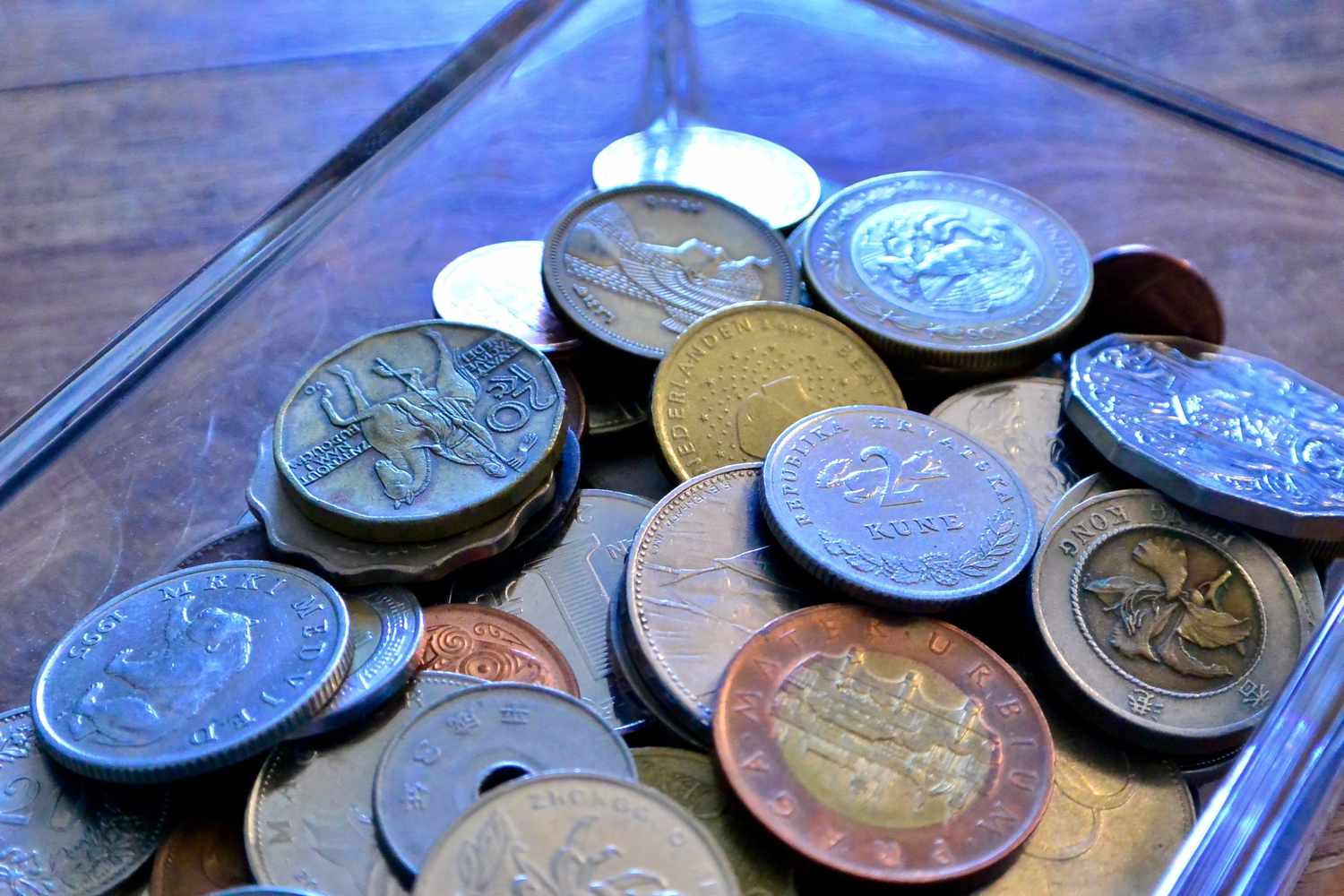

Articles
How To Store Coins In Bulk
Modified: January 6, 2024
Learn the best methods for storing coins in bulk with these informative articles. Safely preserve your valuable coin collection for years to come.
(Many of the links in this article redirect to a specific reviewed product. Your purchase of these products through affiliate links helps to generate commission for Storables.com, at no extra cost. Learn more)
Introduction
When it comes to storing coins in bulk, proper organization and care are essential. Whether you are a coin collector or a business that deals with large quantities of coins, having an effective storage system is crucial to preserve the value and condition of your coins. By following best practices and utilizing suitable containers, you can ensure that your coins remain safe, organized, and well-preserved.
Before delving into the various aspects of bulk coin storage, it is essential to consider a few factors. First and foremost, it is essential to assess the size and composition of your collection. Are you dealing with an extensive assortment of coins or just a few specific types? This information will help determine the storage system that best suits your needs.
Secondly, you should take into account the frequency of access to the coins. If you need regular and convenient access to your collection, you may opt for containers that offer easy retrieval. On the other hand, if the coins are not likely to be handled frequently, you can prioritize containers that offer enhanced protection and preservation.
Lastly, it is crucial to consider the environmental conditions in which your coins will be stored. Temperature, humidity, and exposure to light can all affect the condition of coins over time. Therefore, it is important to choose storage solutions that minimize the risk of damage from these factors.
In the following sections, we will delve into the various types of containers suitable for bulk coin storage, the best practices to follow, and valuable tips on maintaining the condition and value of your coin collection.
Key Takeaways:
- Proper organization, archival-quality containers, and controlled environmental conditions are essential for preserving the value and condition of bulk coin collections.
- Implementing security measures, regular audits, and detailed record-keeping are crucial for safeguarding bulk coin collections from theft, loss, or damage.
Read more: How To Store A Coin Collection
Factors to Consider Before Bulk Coin Storage
Before embarking on the task of bulk coin storage, there are several important factors to consider. By taking these factors into account, you can ensure that your coins remain safely preserved and easily accessible for years to come.
Security: One of the primary considerations before storing coins in bulk is ensuring their security. Determine the level of security required based on the value and importance of your collection. Consider investing in a secure location, such as a safe or a bank vault, to protect your coins from theft or damage.
Space and Organization: Assess the available space and consider the potential expansion of your collection. This will help you determine the appropriate storage solutions that can accommodate your current and future needs. Additionally, having an organized system in place will make it easier to locate specific coins when needed.
Preservation: Protecting your coins from damage is paramount. Consider the materials used in the storage containers, as certain materials can interact with the coins and cause discoloration or deterioration. Invest in archival-quality containers made of materials that are non-reactive and specifically designed for coin storage.
Access and Handling: Consider how frequently you will need to access your bulk coin collection. If you anticipate regular handling, choose containers that allow for easy retrieval and minimize the risk of damage to the coins. On the other hand, if your coins are intended for long-term storage, prioritize containers that provide enhanced protection and minimize handling.
Environmental Conditions: The environment in which your coins are stored can greatly impact their condition. Choose a storage location that is dry, cool, and free from extreme temperature fluctuations. Excessive heat, humidity, or exposure to light can lead to corrosion, tarnishing, and other forms of damage.
Insurance: Consider obtaining insurance coverage for your bulk coin collection. This will provide an added layer of protection in the event of theft, loss, or damage. Consult with an insurance professional who specializes in rare coins to ensure you have adequate coverage.
By carefully considering these factors, you can make informed decisions about the storage solutions and practices that are most suitable for your specific needs. Taking these considerations into account will help preserve the condition and value of your bulk coin collection for generations to come.
Types of Containers for Bulk Coin Storage
Choosing the right type of container for bulk coin storage is crucial for protecting and organizing your collection. There are several options available, each with its own benefits and considerations. Here are some of the most common types of containers used for storing coins in bulk:
- Coin Tubes: Coin tubes, also known as coin rolls or tubes, are cylindrical containers made of sturdy material such as plastic or cardboard. They are designed to hold a specific quantity of coins, usually in a row or stack. Coin tubes provide a compact and organized storage solution, and they are ideal for storing coins of the same denomination and type.
- Coin Flips: Coin flips, or coin holders, consist of clear PVC sleeves that encapsulate individual coins. The coins are inserted and sealed within the flips, providing protection from scratches and environmental elements. Coin flips are suitable for storing individual coins or smaller sets, and they can be easily labeled for identification purposes.
- Coin Albums: Coin albums are specially designed binders that feature clear plastic pages with pockets or slots to hold coins. These albums provide a more organized and visually appealing display for your coins. They allow for easy viewing and categorization, and they often come with pre-printed information or a grid system to help organize your collection.
- Coin Storage Boxes: Coin storage boxes are larger containers made of plastic or wood that can hold large quantities of coins. They typically feature multiple compartments or trays to keep the coins separated and organized. Coin storage boxes are a versatile option for storing bulk quantities of coins, as they can accommodate various coin sizes and denominations.
- Coin Bags: Coin bags are fabric or heavy-duty plastic pouches designed to hold a large number of coins. They are commonly used in commercial settings or for transporting bulk coin collections. Coin bags typically have a drawstring or zipper closure to secure the coins and can be easily stored in a secure location.
When selecting a container for bulk coin storage, consider factors such as the size and composition of your collection, the level of protection required, and the ease of access. Additionally, prioritize containers made of archival-quality materials that are free from chemicals that could damage the coins. Properly sealing and labeling the containers will also contribute to the overall organization and preservation of your collection.
By choosing the appropriate type of container for your bulk coin storage needs, you can ensure that your collection remains well-organized, protected, and easily accessible.
Best Practices for Bulk Coin Storage
Proper storage practices are essential for maintaining the condition and value of your bulk coin collection. By following these best practices, you can ensure that your coins are protected, organized, and easily accessible:
- Clean and Dry: Ensure that your coins and storage containers are clean and dry before storing them. Moisture and dirt can lead to corrosion, tarnishing, and other forms of damage over time. Use lint-free cloths or gloves when handling the coins to prevent oils and residues from transferring to the surfaces.
- Use Archival-Quality Materials: Choose storage containers, flips, albums, and other materials that are specifically made for coin storage. These should be acid-free, PVC-free, and chemically stable to prevent any interactions that could harm the coins. Archival-quality materials will help maintain the condition of your coins and prevent any degradation.
- Individual Protection: If storing coins in flips or sleeves, make sure each coin is individually enclosed to prevent contact between the coins. This will minimize the risk of scratching and other forms of damage. Additionally, consider using dividers or protective sleeves between different types of coins within the same container to avoid any potential reactions.
- Separate by Denomination or Type: Organize your coins by denomination or type to facilitate easy access and retrieval. This can be done by using different containers, compartments, or labeled sections within your storage system. Proper organization will help you quickly locate specific coins without the need to handle and disturb the entire collection.
- Avoid Overpacking: Do not overcrowd your storage containers, as this can lead to unnecessary pressure on the coins and potential damage. Leave enough space for the coins to breathe and to allow for easy retrieval without causing any unnecessary stress on the collection.
- Label and Document: Properly label your storage containers and document the contents of each container. This will help you keep track of the coins and easily locate specific ones when needed. Maintain an inventory list or utilize a digital database to document details such as coin type, denomination, year, and any other pertinent information.
- Regular Inspection: Periodically inspect your bulk coin collection for any signs of damage or deterioration. This will allow you to address any issues promptly and take the necessary steps to prevent further damage. Regular inspections will help you identify any potential problems and ensure that the coins remain in optimal condition.
- Secure Storage: Store your bulk coin collection in a secure and controlled environment. Choose a location that is dry, cool, and protected from excessive fluctuations in temperature and humidity. Consider investing in a safe or a bank vault for valuable or rare coins, ensuring they are protected from theft, damage, and environmental factors.
By following these best practices, you can ensure that your bulk coin collection remains well-preserved, organized, and easily accessible. Protecting your coins from environmental factors, utilizing appropriate storage materials, and maintaining proper handling and documentation will help safeguard the value and condition of your collection for years to come.
Sorting and Organizing Your Coins
Sorting and organizing your coins is an essential part of maintaining an efficient and accessible bulk coin storage system. By implementing a systematic approach, you can easily locate specific coins, track the contents of your collection, and ensure that your coins remain well-preserved. Here are some tips for sorting and organizing your coins:
- Sort by Denomination: Start by sorting your coins by denomination. This will allow you to group similar coins together, making it easier to locate specific denominations when needed. You can use separate containers or designated sections within a larger storage system for each denomination.
- Sort by Year or Mintmark: Within each denomination, further sort your coins by year or mintmark. This will assist in identifying and categorizing coins with specific historical or collectible significance. You can use labeled dividers or individual flips to keep these coins separated within their respective denomination containers.
- Sort by Type: Another method of sorting is by coin type. If you have a diverse collection that includes different types of coins, such as quarters, dimes, or half dollars, you can allocate separate containers or compartments for each type. This will help streamline the retrieval process when searching for a specific type of coin.
- Utilize Coin Holders or Flips: Coin flips or holders can be a valuable tool for organizing and protecting individual coins within your storage system. You can use them to label and categorize coins based on criteria such as minting year, grades, or specific characteristics. This method allows for easy identification and retrieval of specific coins.
- Label Containers: Properly labeling your storage containers is crucial for efficient organization. Use clear, legible labels to indicate the contents of each container, including denomination, year, mintmark, or any other relevant information. Consider using color-coded labels or dividers for added visual assistance when distinguishing between different sections or categories.
- Create an Inventory List: Maintaining an inventory list is a valuable practice for keeping track of your bulk coin collection. List each coin’s details, including denomination, year, mintmark, and any notable characteristics. You can also include information such as purchase price, current value, and any relevant notes. Keeping a digital database or using specialized software can make it easier to update and manage your inventory.
- Regularly Update and Review: Set aside time periodically to review and update your sorting and organization system. As your collection expands or changes, it’s important to adjust and refine your storage approach accordingly. Regularly updating your inventory list and reviewing the organization of your coins will help ensure that your storage system remains accurate and effective.
By implementing these techniques for sorting and organizing your coins, you can create a streamlined and efficient storage system. Organizing your coins by denomination, year, or type, utilizing coin holders or flips, and maintaining a detailed inventory list will allow for easy access to your collection while preserving the condition and value of your bulk coins in the long run.
Store coins in bulk in airtight containers to prevent oxidation and damage. Use acid-free paper or coin holders to separate and protect individual coins.
Read more: How To Store Bulk Spices
Proper Handling and Care of Bulk Coins
Proper handling and care of bulk coins are crucial in preserving their condition, value, and long-term durability. Whether you are a collector or manage a business dealing with large quantities of coins, following these guidelines will help ensure that your coins remain in optimal condition:
- Handle Coins with Care: When handling bulk coins, it is important to handle them with clean hands and a gentle touch. Touching the surface of coins directly can transfer oils and dirt, potentially leading to corrosion or damage. Use cotton gloves or hold the coins by their edges to minimize direct contact.
- Avoid Excessive Contact: Minimize the frequency and duration of handling bulk coins. Each time a coin is touched or moved, it is exposed to the risk of wear and damage. Only handle coins when necessary and refrain from unnecessary touching or flipping of the coins.
- Provide a Stable Work Area: When sorting or organizing bulk coins, ensure that you have a stable and clean work area. Use a soft, non-abrasive surface such as a microfiber cloth or a padded tray to prevent accidental scratches or damage to the coins. Avoid working on surfaces that may contain residues or particles that can scratch the coins.
- Avoid Cleaning Coins: In general, it is not recommended to clean coins, especially if they are of numismatic or collector value. Cleaning can potentially cause more harm than good, as it might remove the natural patina or alter the surface of the coin. If cleaning is necessary, consult with a professional coin conservationist who can provide appropriate cleaning methods.
- Protect from Environmental Factors: Keep bulk coins away from extreme temperature fluctuations, humidity, direct sunlight, and exposure to chemicals. These factors can cause oxidation, tarnishing, discoloration, or other forms of damage. Store coins in a controlled environment with stable temperature and humidity levels to preserve their condition.
- Minimize Exposure to Air: Extended exposure to air can cause coins to oxidize and discolor over time. Store bulk coins in airtight containers or within flips, holders, or albums that provide a barrier against air and environmental contaminants. Utilize desiccant packets or silica gel to absorb any moisture within the storage containers.
- Avoid Drastic Temperature Changes: Rapid changes in temperature can cause thermal shock to coins, leading to potential damage or deterioration. Avoid placing coins directly in front of heat sources or exposing them to sudden temperature changes. Gradual changes in temperature are less likely to cause harm to the coins.
- Regularly Inspect and Maintain: Periodically inspect your bulk coin collection for signs of damage, such as discoloration, corrosion, or spots. Address any issues promptly to prevent further deterioration. Ensure that your storage containers and materials are in good condition and replace any worn-out or damaged components as needed.
- Consider Professional Storage Solutions: For valuable or rare bulk coins, consider investing in professional-grade storage solutions such as coin cabinets, safes, or bank vaults. These specialized storage options provide an extra layer of protection against theft, damage, and environmental factors.
By following these guidelines for proper handling and care, you can ensure that your bulk coin collection remains well-preserved, protected, and in optimal condition. With proper care, your coins will not only retain their value but also bring you joy and fascination for years to come.
Security Measures for Bulk Coin Storage
Ensuring the security of your bulk coin storage is essential to protect your valuable collection from theft, loss, or damage. Implementing the right security measures will provide you with peace of mind and safeguard the integrity of your coins. Here are some key security measures to consider:
- Secure Storage Location: Choose a secure location for your bulk coin storage, such as a locked room, a safe, or a bank vault. This ensures that only authorized individuals have access to the coins and minimizes the risk of theft or unauthorized handling.
- Access Control: Limit access to your bulk coin storage to trusted individuals only. Implement measures such as restricted key access, passcodes, or biometric authentication to ensure that only authorized personnel can enter the storage area or handle the coins.
- Surveillance Systems: Install a reliable surveillance system, including CCTV cameras, motion sensors, and alarms, to monitor and record any activities in and around your coin storage area. Visible cameras act as a deterrent, while recorded footage can aid in investigations in the event of an incident.
- Insurance Coverage: Obtain appropriate insurance coverage for your bulk coin collection. Consult with an insurance professional who specializes in rare coins to assess the value of your collection and ensure that it is adequately insured against theft, loss, or accidental damage.
- Regular Inventory Audits: Conduct regular audits and inventory checks to verify the presence and condition of your coins. Maintain detailed records of your collection, including descriptions, photographs, and valuations, to facilitate the reconciliation process and identify any potential discrepancies.
- Proper Handling Procedures: Establish protocols for handling and transporting bulk coins. Train employees or individuals responsible for the coins in proper handling techniques, including the use of clean gloves, secure packaging, and strict adherence to security protocols to minimize the risk of loss or damage.
- Background Checks: If you have employees or individuals entrusted with the handling or storage of your bulk coin collection, consider conducting background checks or screening processes to ensure their trustworthiness and minimize the risk of internal theft or unauthorized access.
- Tracking and Documentation: Implement a system to track the movement and transfer of coins within your storage facility. Document any access, handling, or transfers, and maintain a chain of custody to monitor and account for the whereabouts of your coins.
- Alarm and Monitoring Services: Consider subscribing to alarm and monitoring services specifically designed for valuable collections or high-security storage areas. These services provide an additional layer of protection and prompt response in the event of a security breach or attempted theft.
- Regular Security Assessments: Periodically assess and review your security measures to identify vulnerabilities or areas for improvement. Engage security professionals or consultants who specialize in physical security to evaluate your storage facility and recommend any necessary enhancements.
By implementing these security measures, you can significantly reduce the risk of theft, loss, or damage to your bulk coin collection. Remember to regularly review and update your security protocols to adapt to evolving threats and ensure the ongoing protection of your valuable coins.
Tips for Storing Coins in Bulk
Storing coins in bulk requires careful consideration and planning to ensure the preservation and accessibility of your collection. Here are some useful tips to keep in mind when storing coins in bulk:
- Utilize Appropriate Containers: Choose containers specifically designed for coin storage, such as coin tubes, flips, albums, or storage boxes. These containers should be made of non-reactive, archival-quality materials to minimize the risk of damage to the coins over time. Select containers that can accommodate your collection’s size and provide easy organization and retrieval.
- Sort and Categorize: Sort your coins based on denomination, year, mintmark, or type to facilitate organization and identification. Use dividers, labels, or separate containers to keep different categories of coins separated and clearly labeled. This will make it easier to locate and access specific coins within your bulk storage system.
- Keep Environmental Factors in Check: Store your bulk coins in a controlled environment that is free from excessive humidity, extreme temperatures, and direct sunlight. Avoid storing coins in areas prone to fluctuations in temperature or where they may be exposed to chemicals or pollutants. Consistent environmental conditions will help preserve the integrity of your coins.
- Protect Against Physical Damage: Use protective measures, such as coin flips or holders, to guard against scratches, abrasions, or contact between coins. Avoid overpacking containers, as excessive pressure can cause damage. Consider adding padding or cushioning to storage boxes to provide additional protection during transport or handling.
- Invest in Security Measures: Safeguard your bulk coin storage area with appropriate security measures. This may include secure storage containers, access control systems, surveillance cameras, or alarm systems. Remember to regularly assess and update your security protocols to address any potential vulnerabilities.
- Maintain a Detailed Inventory: Keep an accurate inventory list of your bulk coin collection. This should include relevant details such as denomination, year, mintmark, and any notable characteristics. Regularly update the inventory to reflect additions or removals from the collection, as well as changes in valuation or condition.
- Consider Professional Grading and Authentication: For valuable or rare coins, consider professional grading and authentication services. This can provide an official designation of the coin’s condition and authenticity, enhancing its value and marketability. Properly document and store graded coins to ensure their ongoing protection and verification.
- Insure Your Collection: Obtain adequate insurance coverage for your bulk coin collection to protect against unforeseen events such as theft, loss, or damage. Consult with an insurance professional who specializes in rare coins to ensure that your collection is properly appraised and covered.
- Maintain Good Record-Keeping: Keep detailed records of your coin collection, including purchase receipts, appraisals, and any historical or background information. This will help establish provenance, track the value of your collection over time, and facilitate future transactions or appraisals.
- Regularly Assess and Update: Periodically review and assess the condition of your bulk coin collection. Take the opportunity to reorganize, consolidate, or make any necessary adjustments to your storage system. Stay informed about best practices, advancements in storage technology, and changes in the coin market to ensure that your storage methods remain up to date.
By following these tips for storing coins in bulk, you can maintain the condition, accessibility, and value of your collection. Remember to regularly monitor and evaluate your storage system to ensure its effectiveness and adaptability to the evolving needs of your bulk coin collection.
Conclusion
Storing coins in bulk requires careful planning, organization, and consideration of various factors to ensure the preservation, accessibility, and security of your collection. By implementing the best practices outlined in this article, you can effectively store and protect your coins while maintaining their value and condition over time.
Begin by assessing the size and composition of your collection, as well as your specific storage needs. Consider factors such as security, space, preservation, access, and environmental conditions to determine the most suitable storage solutions for your bulk coins.
Explore different types of containers such as coin tubes, flips, albums, storage boxes, and bags to find the ones that best meet your requirements. Utilize proper handling techniques, such as gentle touch and clean gloves, to minimize the risk of damage. Protect your coins from environmental factors through controlled storage conditions and the use of archival-quality materials.
Implementing security measures, such as secure storage locations, access control, surveillance systems, and insurance coverage, will help safeguard your collection from theft, loss, or damage. Regularly auditing and updating your inventory, along with maintaining detailed records, will assist in tracking the contents and value of your bulk coin collection.
Remember to regularly review and enhance your storage system based on evolving needs, advancements in technology, and changes in the coin market. Stay informed about proper care and handling techniques, as well as industry updates, to ensure that your storage methods align with the best practices.
In conclusion, with proper planning, organization, care, and security measures, you can successfully store and preserve your bulk coin collection. By following these guidelines, your coins will remain protected, organized, and easily accessible, while retaining their value and beauty for generations to come.
Frequently Asked Questions about How To Store Coins In Bulk
Was this page helpful?
At Storables.com, we guarantee accurate and reliable information. Our content, validated by Expert Board Contributors, is crafted following stringent Editorial Policies. We're committed to providing you with well-researched, expert-backed insights for all your informational needs.
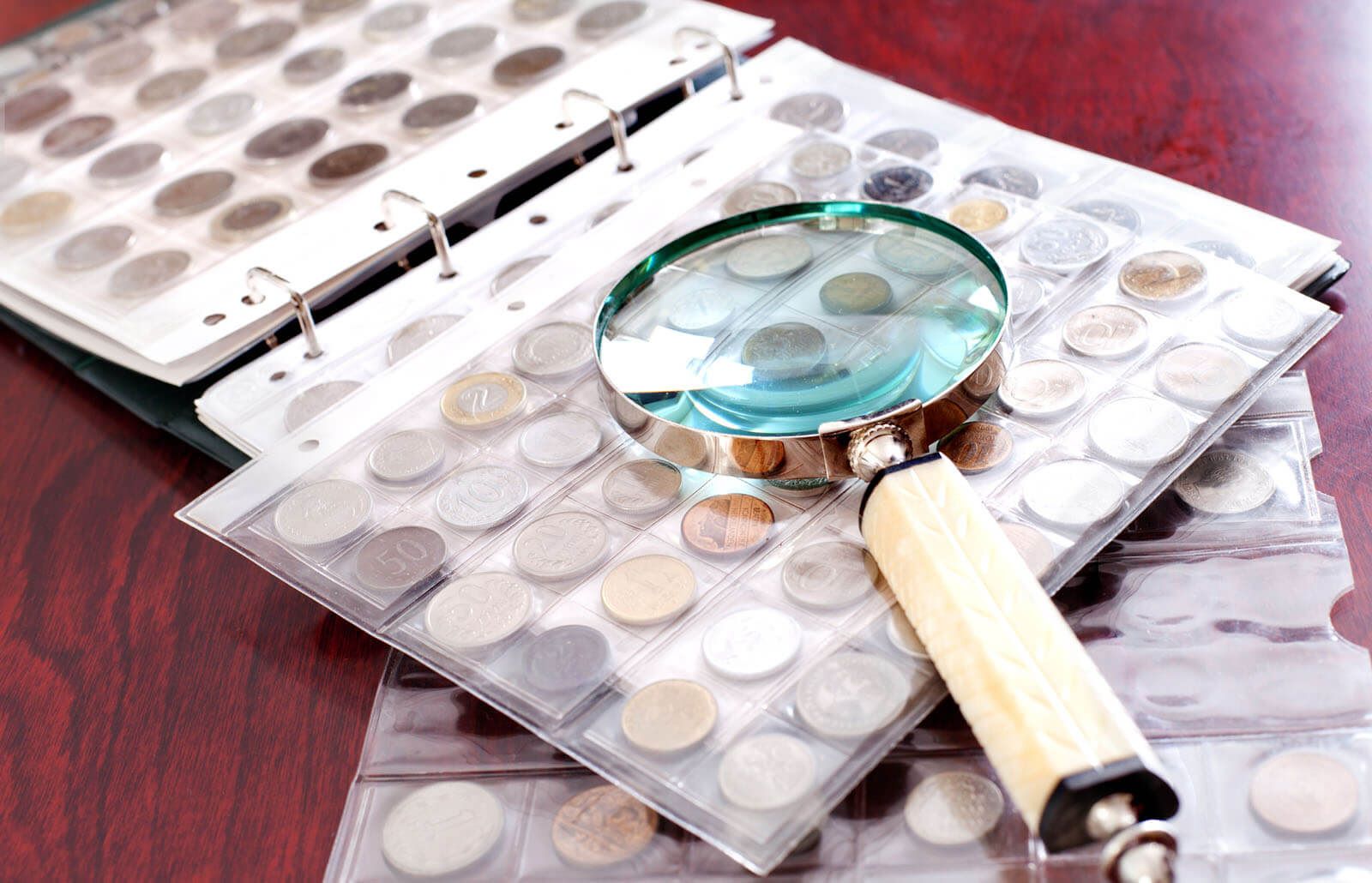
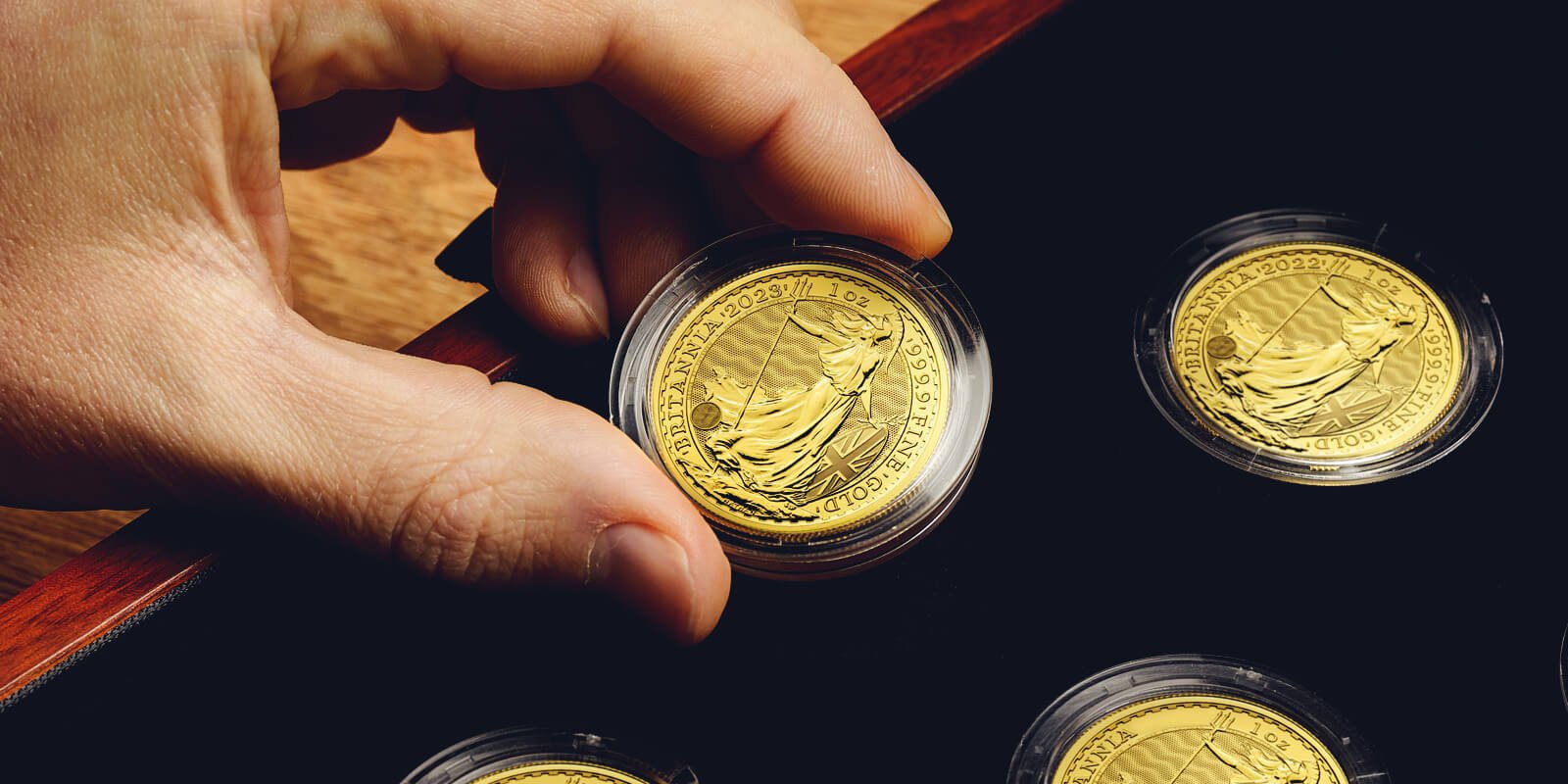
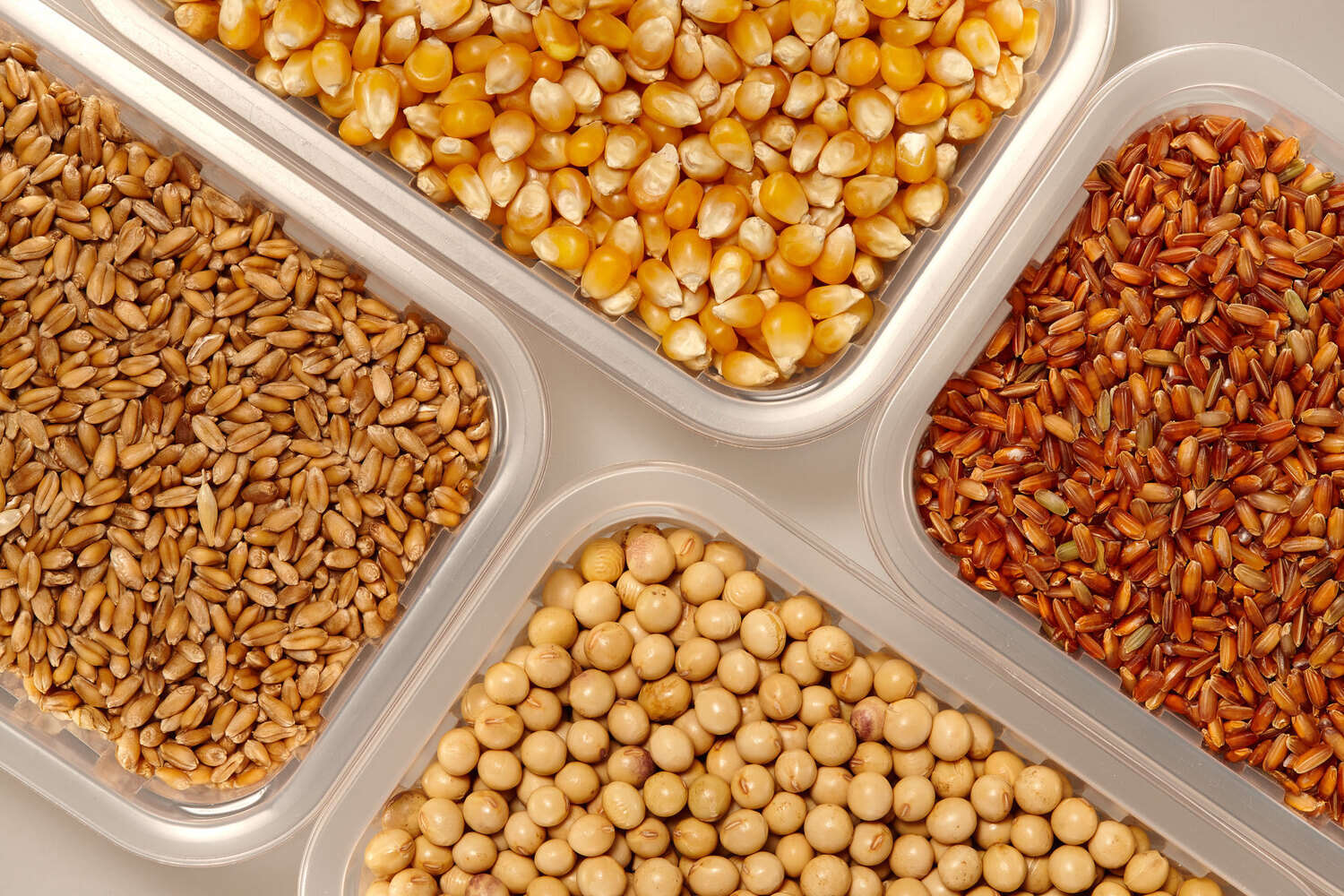
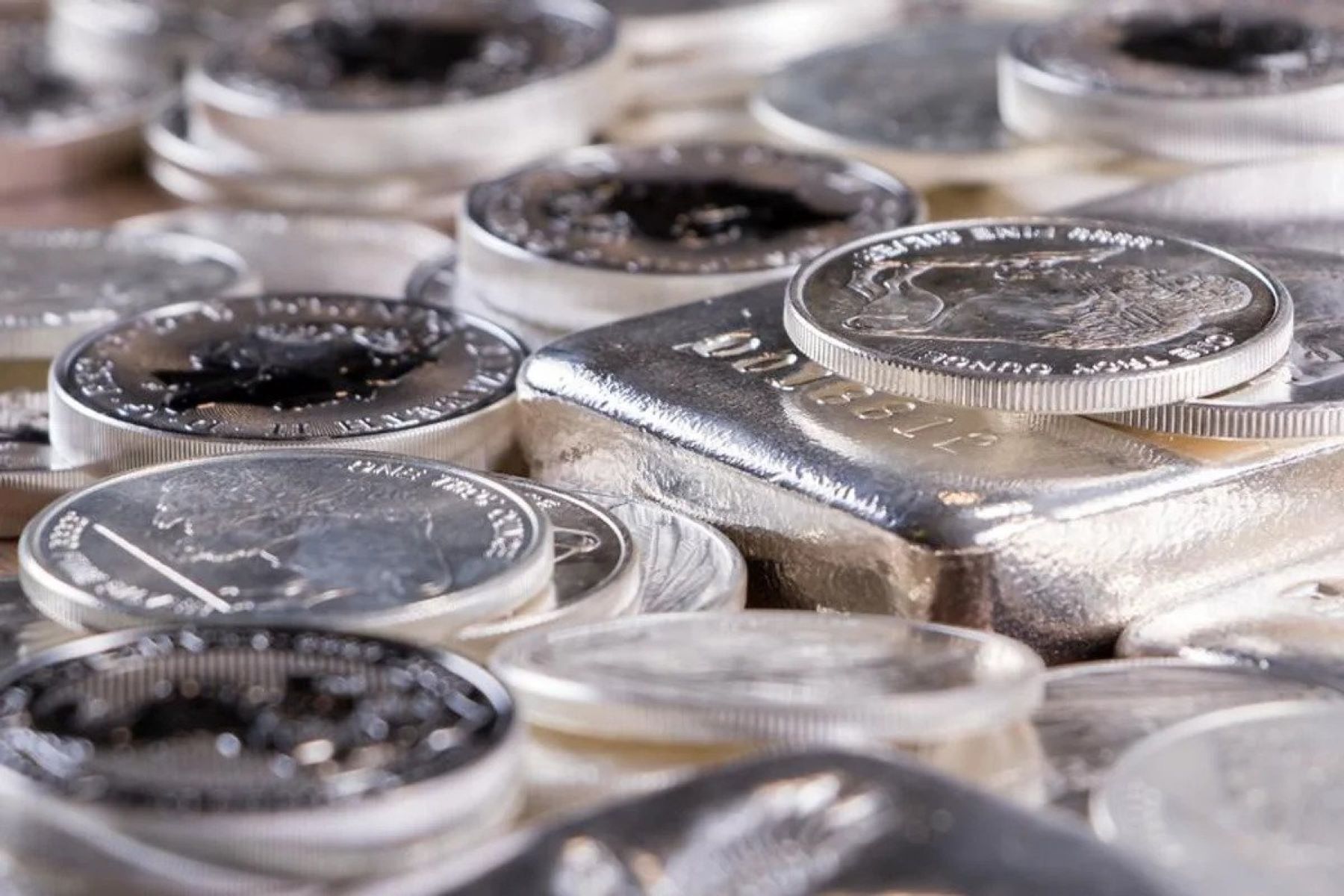
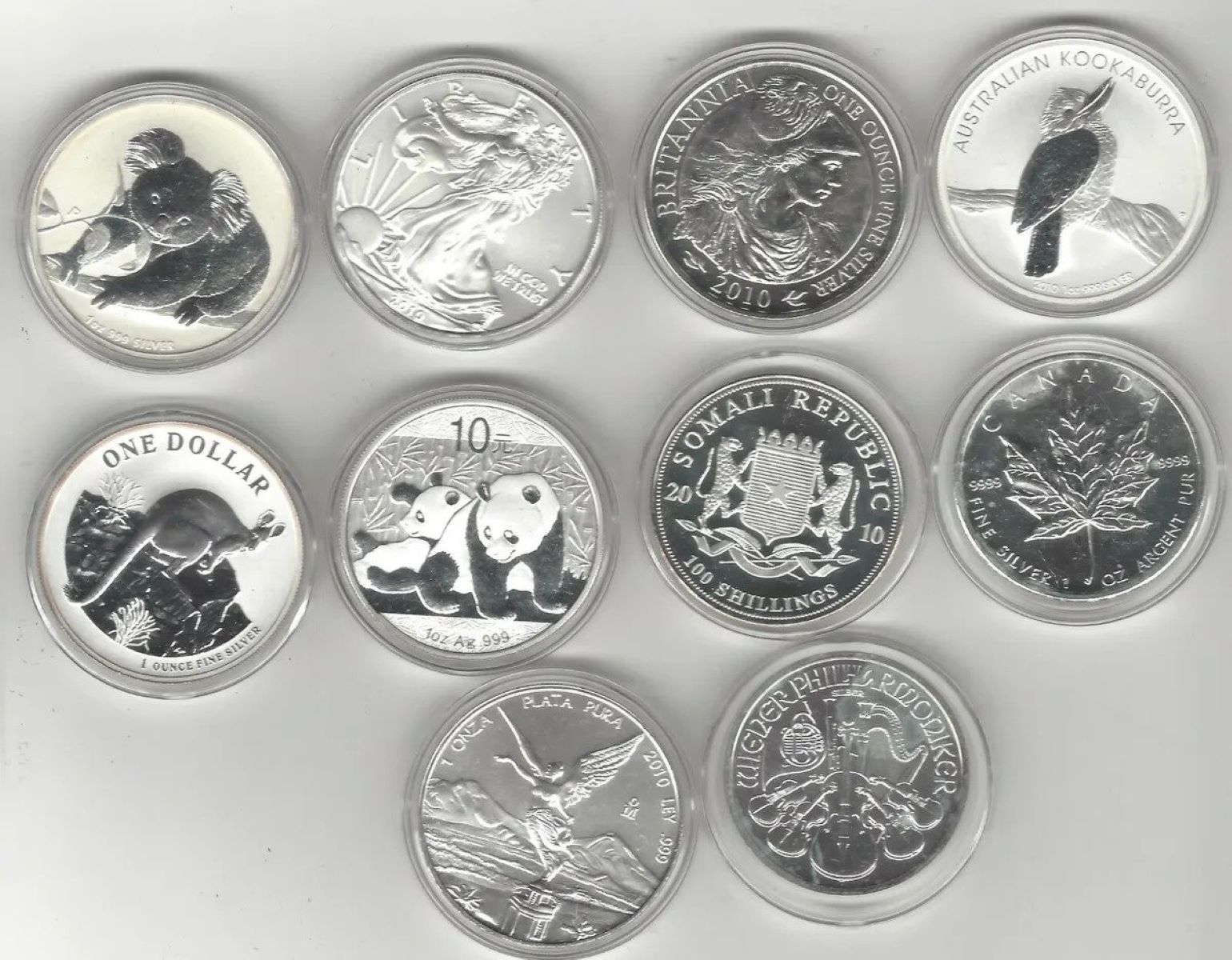
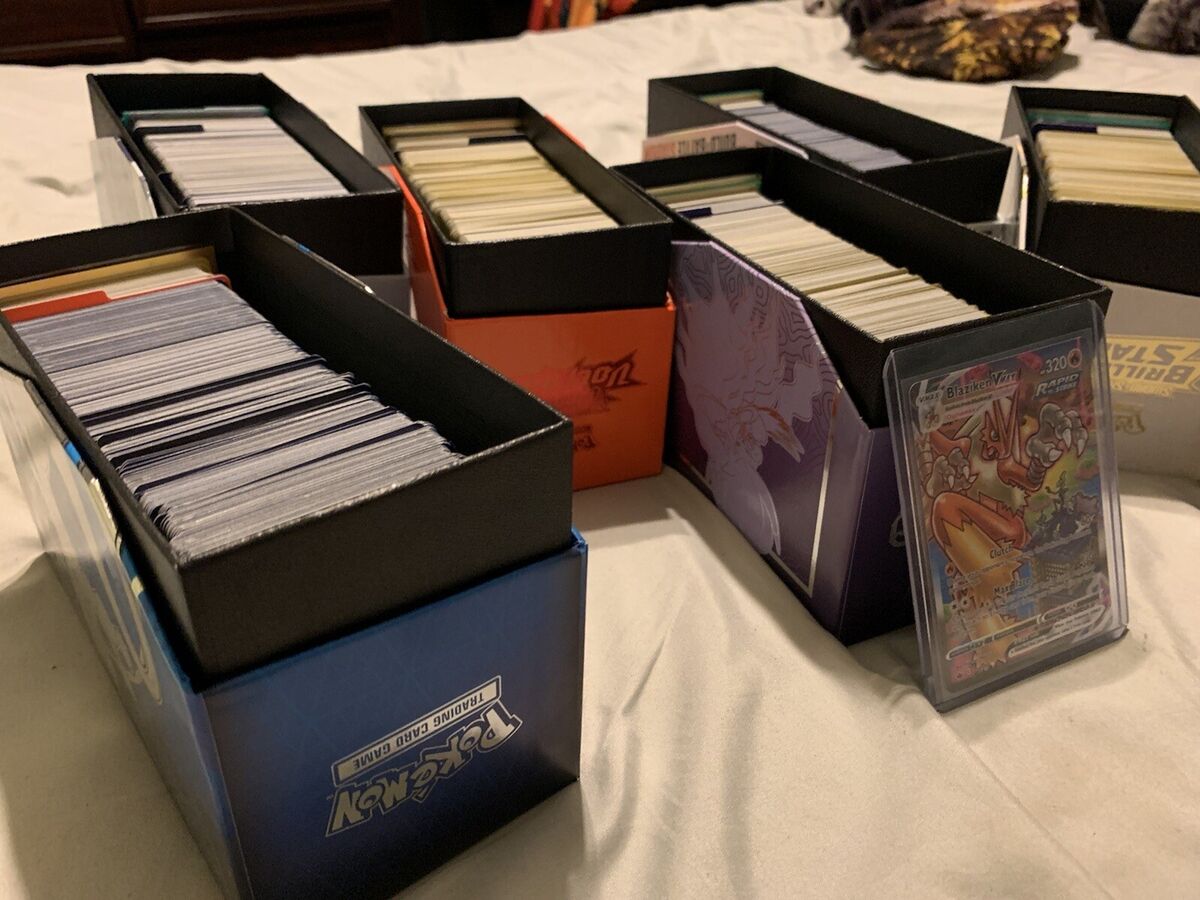
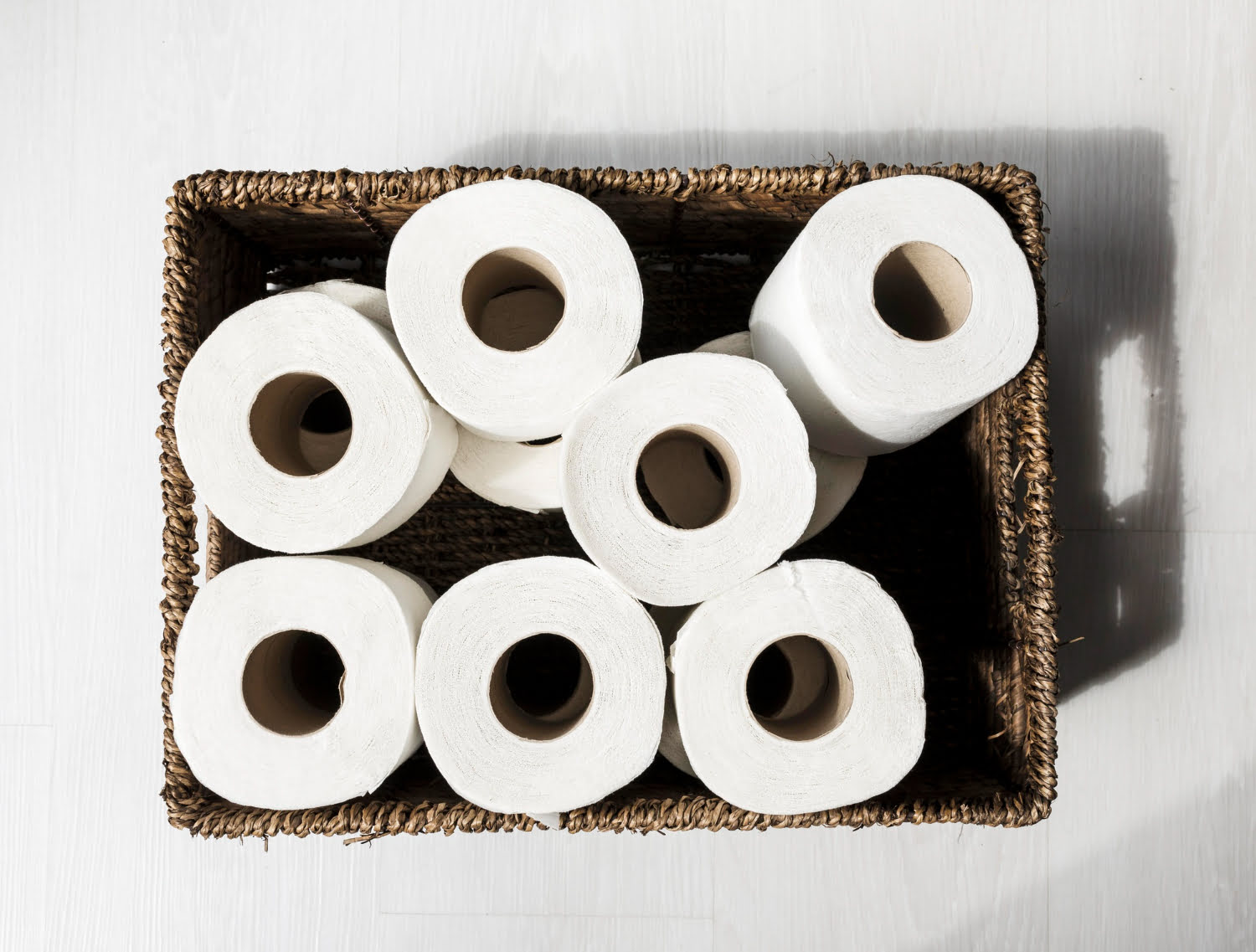


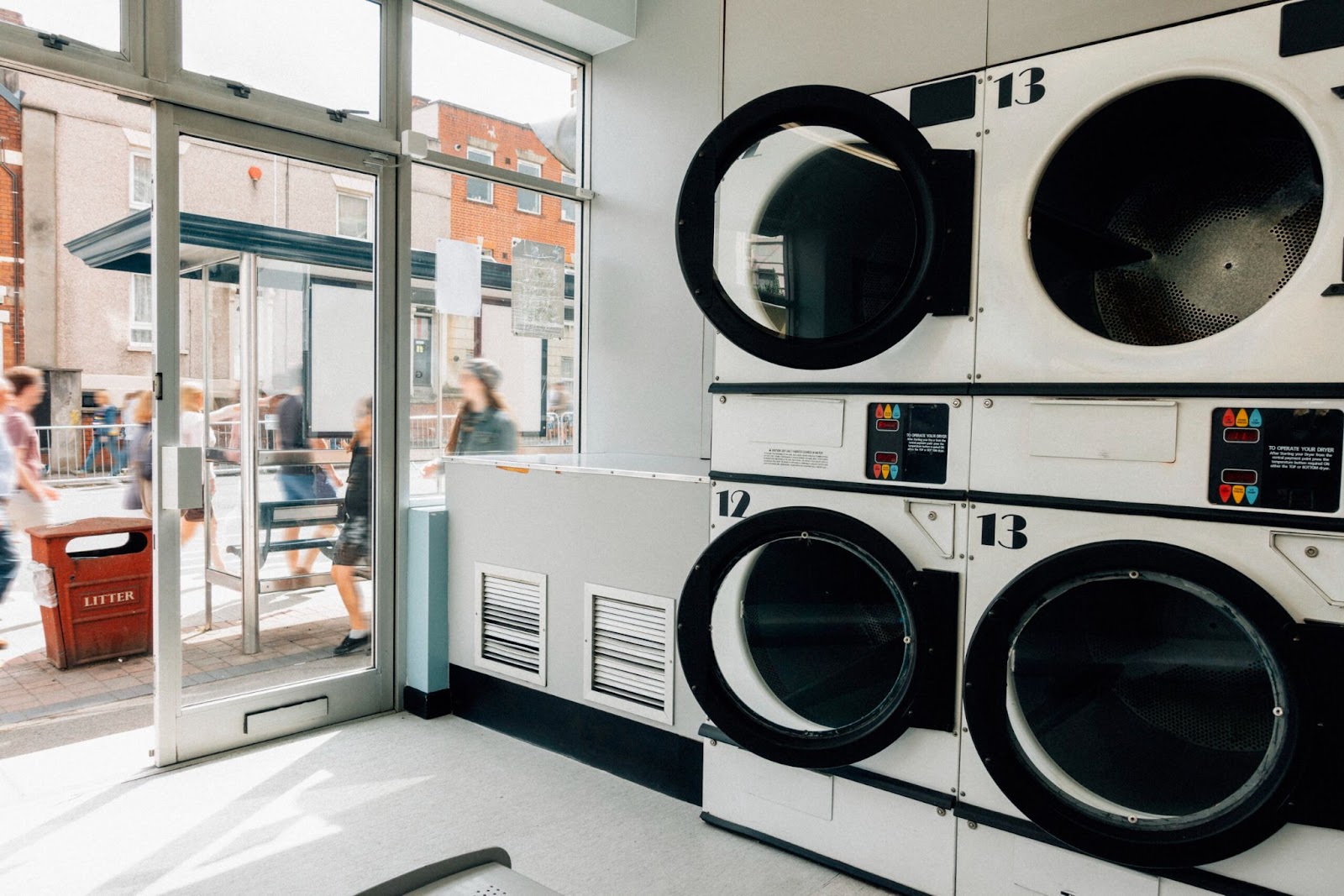
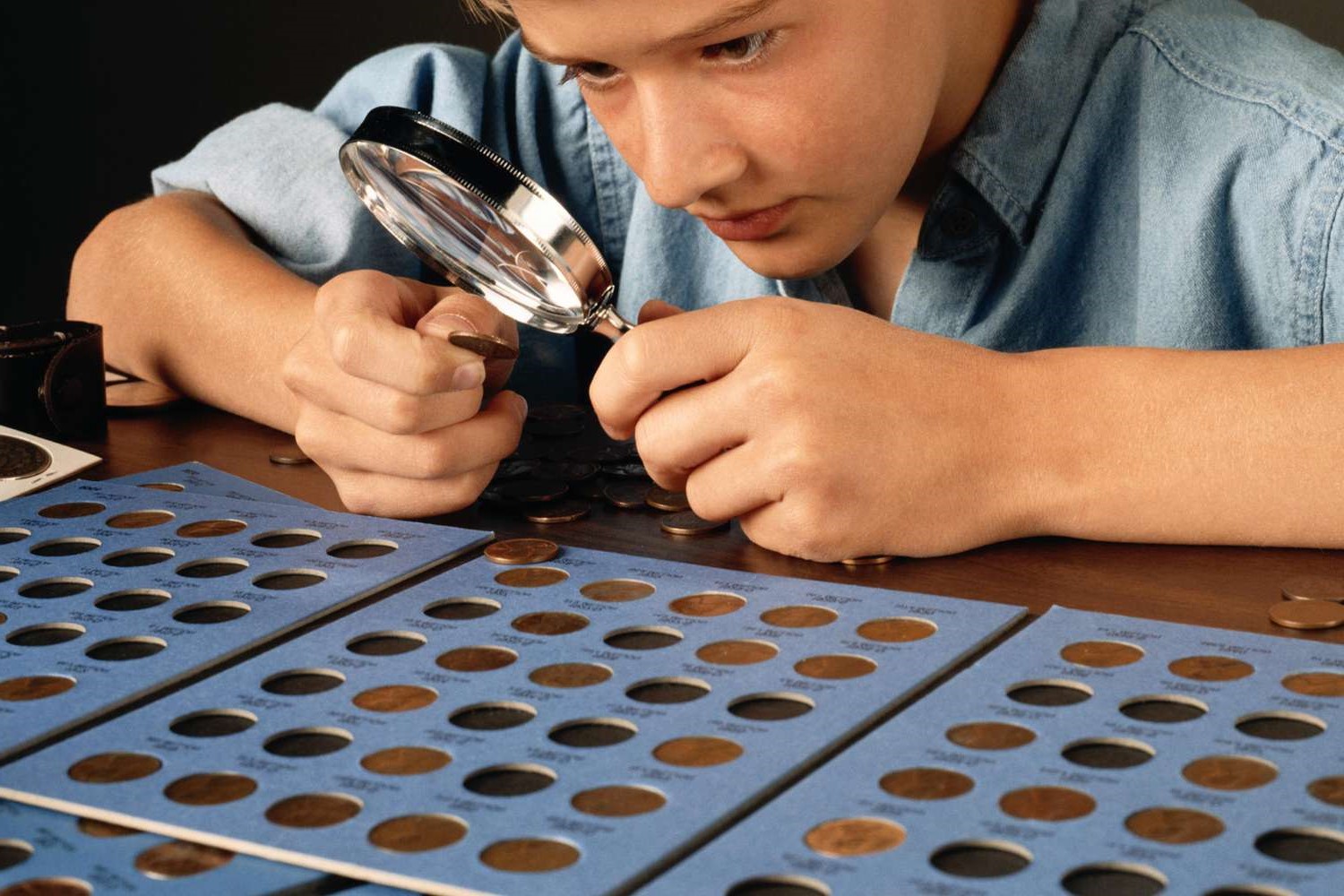
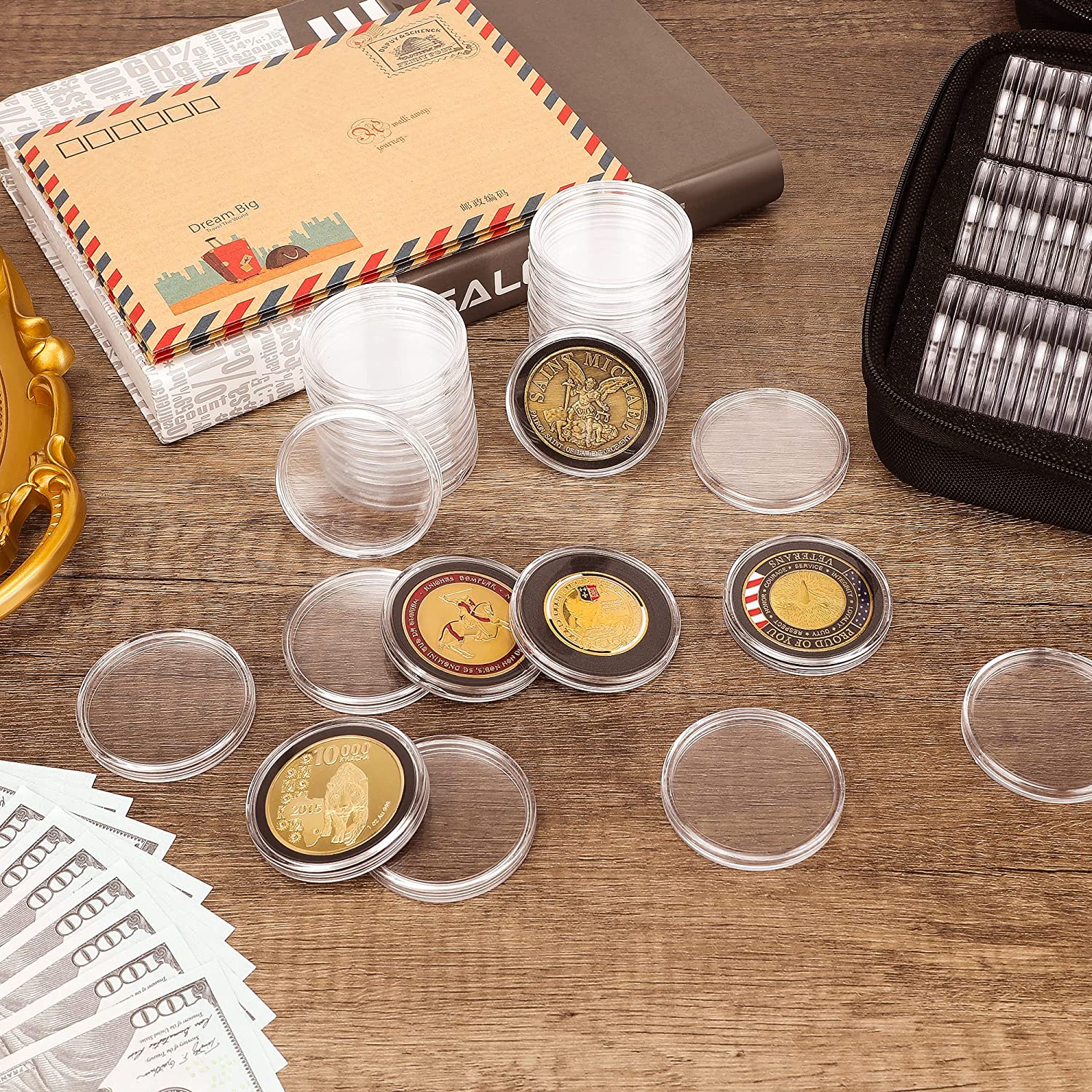



0 thoughts on “How To Store Coins In Bulk”